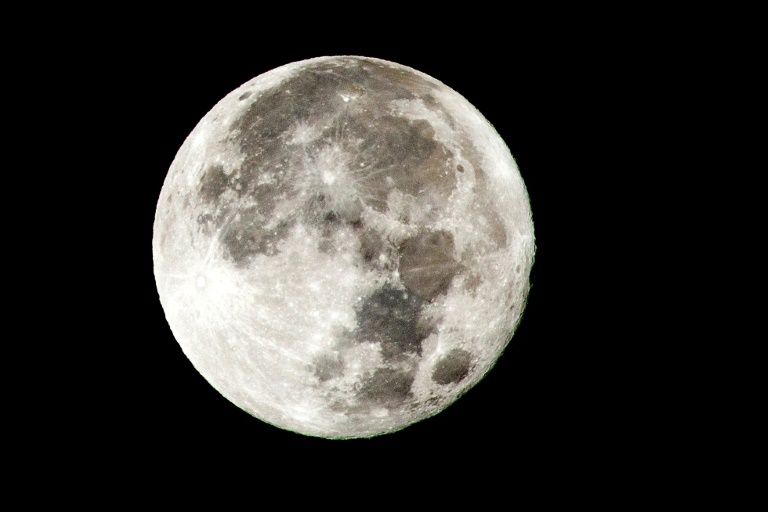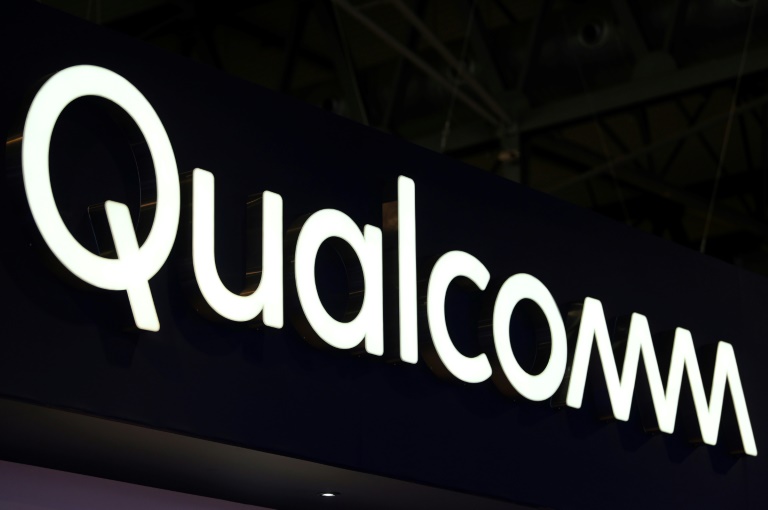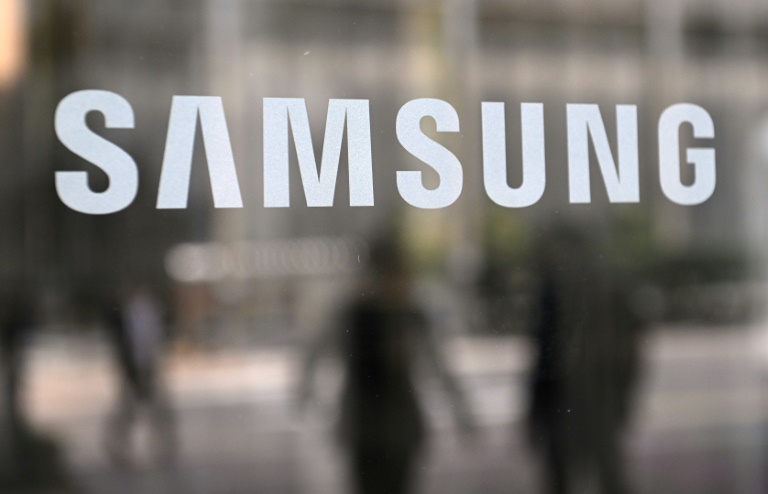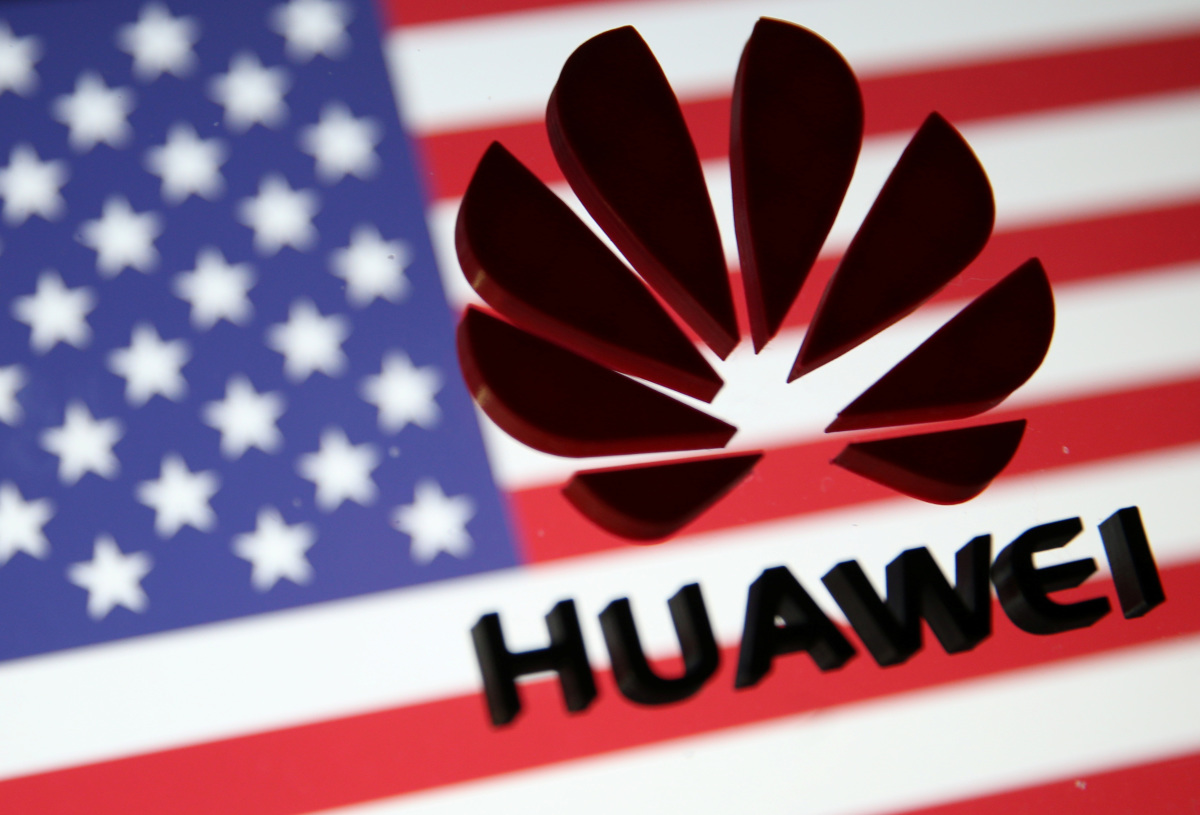KEY POINTS
- The cost of the service is $150,000
- Customers can also send one gigabyte of data along with their crystal
- Startup Space Crystals expects to carry DNA samples of 260 customers by next year
Humans will now be able to send their DNA to the moon. The new project, initiated by a startup called Space Crystals LLC, plans to grow the crystals on Earth, infuse them with the DNA of the customers and then place them en route to the moon by next year.
The cost of sending human DNA to the moon has been set at $150,000, out of which $5,000 would be paid at the time of registration.
“We have got the technology,” CEO Kevin Heath told Space News. “We proved we can get crystal growth in space,” he added.
Heath explained Space Crystals expects to carry DNA samples of 260 customers. The Lunar Time Capsule can carry a payload of 522 units. “We will see in 5,000 to 10,000 years when these things finally get opened by us or aliens,” Heath told Space News.
What is included in the $150,000 fee?
According to Space News, the fees will include a DNA kit, processing the DNA through the crystalline solution, and a two-way flight to the International Space Station. Two similar crystals will be formed on the station. One of them will be sent to the moon, while the second one will be returned to Earth, and handed over to the customer.
Other perks offered against the fee include a commemorative plaque, which will display the customer’s details and the lunar coordinates of the area where their crystals would be placed.
Customers would also have the option to send up to one gigabyte of data along with their crystal.
“Whether that’s TikTok videos, books they’ve written, whatever,” Space Crystals LLC CEO told Space News. “They get to tell their own story to whoever ends up finding this.”
The company reportedly sent three dozen samples to the International Space Station earlier this year to test how the crystals behave while in orbit. Space News reported each of the crystals grown on the station was unique.
The names of the contractors, launch providers or implementation partners associated with Space Crystals’ new initiative have not been revealed.
AFP / RODGER BOSCH







